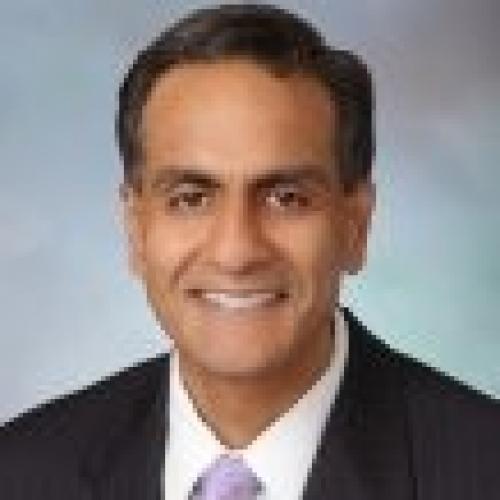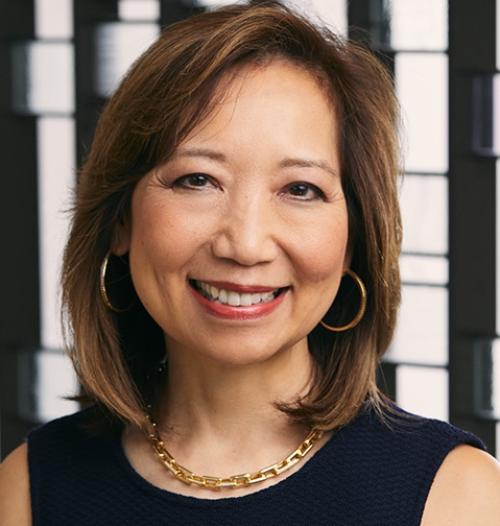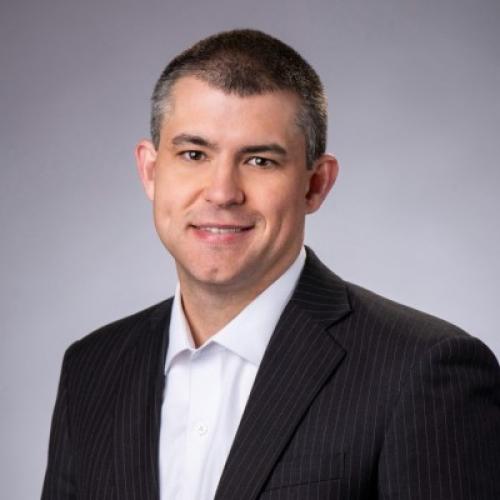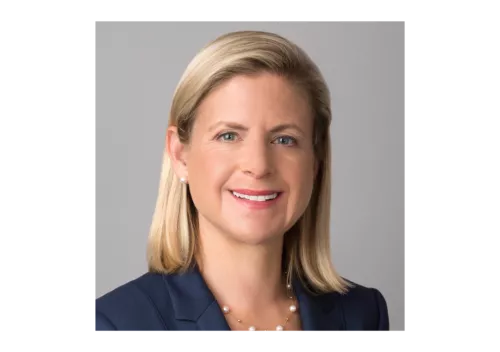
Susan Permut, senior vice president, deputy general counsel and assistant secretary, EMC Corporation
Governance doesn’t take a vacation over summer. It just keeps going!’ says Susan Permut, senior vice president, deputy general counsel and assistant secretary at EMC Corporation. For Permut, it’s the season for shareholder outreach. ‘We do outreach all the time,’ she explains. ‘We talk to our shareholders during proxy season, but we also do an off-cycle outreach, which keeps us busy.’
In fact, EMC may be a bit ahead of the curve when it comes to shareholder communications. Each year for the past 10 or so – a good chunk of Permut’s 17-year tenure at the technology firm – the legal department has helped organize an annual shareholder outreach program, a follow-up of sorts to the annual meting.
The campaign, as Permut explains, ‘has multiple parts’. One involves reaching out to the company’s largest institutional investors.
For those groups located in the Boston area, EMC often holds in-person meetings. The timing works well, particularly for the institutional investors, as Permut explains, because ‘they’re not buried under a pile of proxies they have to vote. This is also when they’re doing a recap of last year’s proxy season and looking at their policies and how they’re going to potentially revise some of them.’
The live events are useful, in part, to put faces to the names. Perhaps more importantly, however, ‘we like to see what’s on their minds,’ Permut says. ‘What issues are they concerned with? What policies are they looking at? What do they like about our proxy statement?’
Another element of the outreach program is the proxy advisory firms and ratings agencies. ‘Again, it’s helpful to put names and faces together, but also to communicate better so that when it comes to proxy season, things generally go more smoothly,’ Permut says.
EMC also targets shareholders such as public pension funds and labor groups, which may have a separate agenda from their institutional counterparts. ‘Some of the large pension funds will write a letter to, say, 300 firms on various practices, so those are the shareholders we tend to talk to,’ Permut explains. These meetings take the form of in-person conferences whenever possible.
One interesting topic for EMC that came out of these meetings several years ago was the issue of sustainability reporting. During a meeting with some of the pension and labor funds, the shareholders gave EMC a heads-up about sustainability. ‘Some of our investors brought it to our attention before we even realized the fast-moving area that was developing,’ Permut says.
When it comes to this year’s hot-button topics, Permut doesn’t predict any big surprises. ‘Executive compensation continues to be huge,’ she says. ‘Risk oversight also tends to be on everyone’s radar screen, and in preparation for proxy access I’m seeing a number of shareholder groups that are getting prepared with databases of candidates.’
Unfortunately, there’s not much advice Permut can offer others when it comes to shareholder communication. ‘It’s really dependent on your shareholder base, your company type, and what you’ve done from a business and a governance standpoint,’ she explains. ‘Listen to your shareholder base and then play it accordingly.’
Extra credit
Permut was recently appointed to a board position on the Council of Institutional Investors (CII), and as part of this gig – and one of her favorite aspects – she has participated in meetings with prominent White House staffers. On one occasion, she and several other CII members met with Timothy Geithner’s deputy – one of the principal authors of the recently passed financial reform legislation – and several members of the House of Representatives to discuss a number of the proposed corporate governance reforms.
Outside affiliations are important to Permut. ‘I’ve really tried to build a wide network in both the Boston legal community and the governance community,’ she says. Her numerous affiliations include the Society of Corporate Secretaries and Governance Professionals and the Association of Corporate Counsel. ‘Years ago someone told me, Never find yourself without a network, and I used to think that meant in case I needed to look for a new job,’ she laughs. ‘But I quickly learned there are many, many more reasons than that to have a wide network.’
Looking back on her legal career, Permut cites one project in particular, which she worked on during her first few years out of law school at the Silicon Valley office of the law firm Fenwick & West, as among her most valuable learning experiences. It was also the project that solidified her interest in corporate and securities law.
‘In those days, law firms wanted first-year associates to rotate among different specialties,’ she recalls. ‘So one afternoon I walked down to the office of the partner who was in charge of the corporate department and told him I wanted to do some corporate work. He tossed me a stack of documents and said, Read these tonight and come see me in the morning. It was the private placement for Oracle.’
Permut worked on the Oracle assignment for several years. ‘I have few things framed on my wall, but for all these years I’ve always had my law diploma and a framed tombstone of Oracle’s IPO,’ she says. ‘My law degree was my academic training, but that doesn’t teach you how to practice law. With Oracle I really cut my teeth on a lot of the corporate and securities work.’
Since then, Permut’s job has evolved and expanded to encompass much more than transactional work. Looking ahead to what the future holds for corporate governance, Permut says: ‘There’s been such a shift in the last few years, and I think this new legislation is going to continue to change the whole balance. Interestingly, this brings me back full circle to the importance of shareholder communication. When you consider say on pay and proxy access – the major governance developments – dialogue becomes ever more important. I see more shareholders reaching out more than before, and more companies doing the same.’








